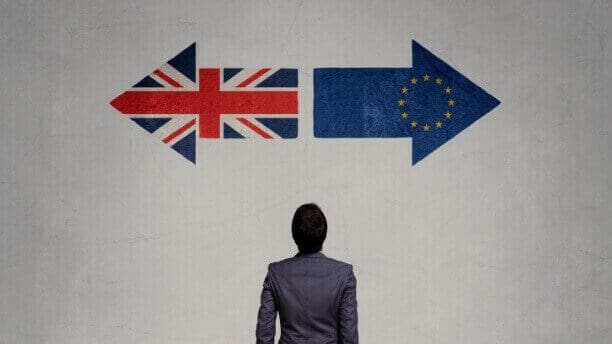With the Brexit transition period fast approaching there are new rules for businesses coming into effect from 1 January 2021. Is your business ready for these impending changes? Fusion Accountancy has been preparing their clients on a regular basis and keeping them informed on how these changes will affect their business in the new year. The changes are likely to be significant for all businesses, especially for their accounting function, we pride ourselves in being a forward-looking firm, ensuring our clients are kept appraised of changes.
It isn’t just large businesses that will be affected by the changes, small businesses that export or import to the EU will be affected. There are also potential implications for receiving data from EU trading partners.
VAT
After the transition period, businesses will have to apply VAT to trading activities with EU countries in the same way as when trading with non-EU countries. Going forward, the UK will be able to set its own VAT rates for these trading activities however, in the short term, it is policy that the UK will look to stay as close to its current position as possible.
Moving goods from EU countries: Postposed accounting:
At present, to avoid adverse effects on business cashflow, HMRC has announced a postponed accounting scheme for VAT on goods brought into the UK. As a result, businesses that import goods to the UK can account for the import VAT on their VAT return as opposed to paying import VAT at the time when the goods arrive at the UK border. This will apply to both EU and non-EU countries.
The goods will need to be reported as acquisitions and any tax due must be reported on the VAT return. The VAT paid can then be reclaimed through the VAT return, if the goods are for use of business or to make taxable supplies.
An Intrastat Declaration will need to be completed if the total value of goods exceeds £1,500,000.
Declaring goods from 01 January 2021:
After this date, businesses will need to make customs declarations when importing goods from the EU. These rules only currently apply to importing goods from the rest of the world, including Switzerland, Norway, Iceland and Liechtenstein.
You can make the declarations yourself, but most businesses use a courier, freight forwarder, or customs agent.
HMRC also requires businesses to ensure that they have an EORI number, starting with “GB” to import goods from 01 January 2021. If you do not have an EORI number this can cause delays and potentially increase the costs of importing goods into the UK, examples of costs are if HMRC is unable to clear the goods as a result needing to pay storage fees due to delays.
VAT on digital services
The UK MOSS (The Mini One Stop Shop) scheme, which affects businesses that sell digital products to consumers in the EU, will close after the UK leaves the EU. In the future, this will require businesses to:
- Register for VAT MOSS in any EU member state, or
- Register for VAT in each EU member state where they sell digital services to customers.
Financial reporting
There are very few changes in terms of financial reporting, and the UK’s corporate reporting regime will remain largely unchanged. Accounting standards will remain the same, however, may diverge slightly depending on further guidance.
It is encouraged by The Financial Reporting Council that companies are specific within their financial statements if there are any business changes or pressures in relation to the UK leaving the EU.
There are several changes still being announced by HMRC as we approach the transition period, and we expect more changes to be announced just after the transition period. Businesses need to keep on top of the changes and make the relevant applications to HMRC as soon as these changes are announced to avoid delays.
Getting confused by how Brexit could impact your business? Let our expert accountancy team help you. Fill out the form for your FREE review.








